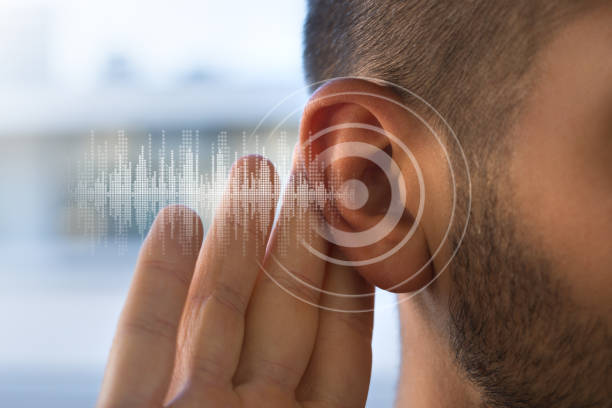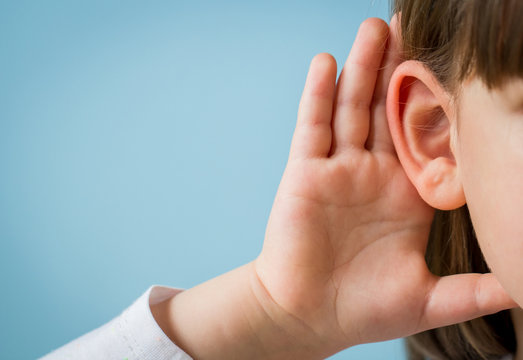Advanced Hearing Aid Technology and Features
Today's hearing aids incorporate sophisticated digital signal processing, artificial intelligence, and wireless connectivity to deliver superior sound quality and user experience. Advanced features include directional microphones that focus on speech while reducing background noise, automatic environment detection that adjusts settings based on surroundings, and smartphone integration for seamless control and customization.
Modern hearing aids utilize rechargeable battery technology, eliminating the need for frequent battery replacements while providing all-day power. Many devices offer telehealth capabilities, allowing remote adjustments and monitoring by hearing care professionals. Advanced noise reduction algorithms and feedback cancellation systems ensure clear, comfortable listening in challenging acoustic environments.
Bluetooth connectivity enables direct streaming from smartphones, televisions, and other audio devices, transforming hearing aids into sophisticated wireless audio systems. Machine learning capabilities allow devices to adapt to user preferences over time, automatically optimizing performance for individual listening situations and preferences.



